Darling Legacy
Journalist and conservation activist
Jay Norwood "Ding" Darling (1876—1962) is most famous for being a two-time Pulitzer prize-winning cartoonist for the Des Moines Register, but his footprint went well beyond his work as a cartoonist.
Darling—often called “Ding”
Dedicated his life to promoting the wise use of natural resources. As a tireless advocate for preserving America’s great natural ecosystems, he became the first recipient of The Wildlife Society’s highest honor—The Aldo Leopold Memorial Award in 1950.
He also created the Federal Duck Stamp Program after designing the first Federal Duck Stamp in 1934. To date, the program has raised more than $1.11 billion for the protection of wetlands and wildlife habitats.
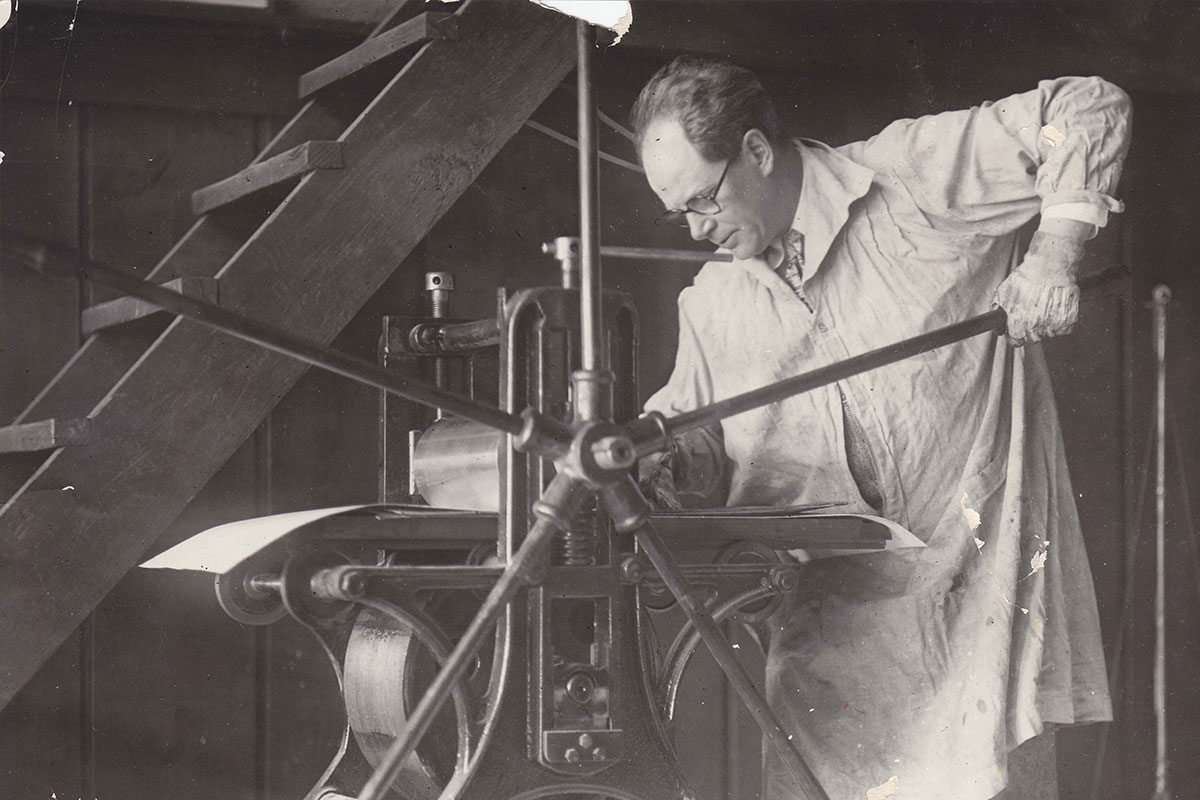
Darling’s core values fit perfectly with those of Drake University. His ability to build partnerships, produce results, and balance good business with quality of life and respect for nature makes Darling an ideal role model to inspire change for future generations.
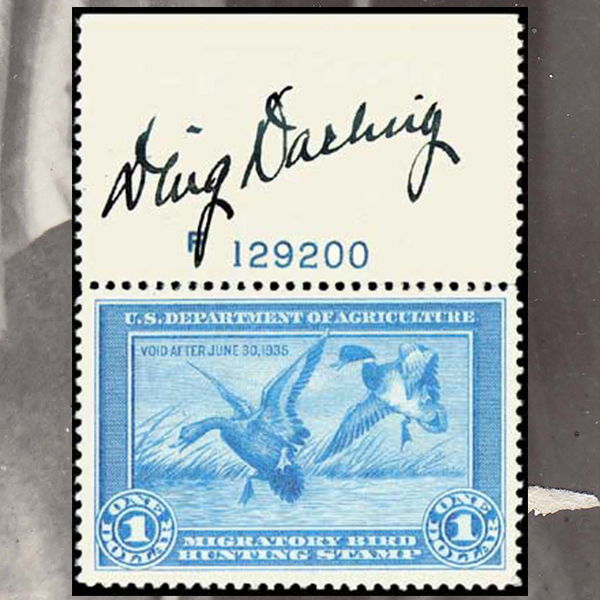
Advocacy
Darling’s drawing of ducks on a piece of cardboard in 1934 led to the creation of the Federal Duck Stamp Program. Appointed by President Franklin D. Roosevelt, Darling led the U.S. Biological Survey, the forerunner of the U.S. Fish and Wildlife Service, and established 28 wildlife refuges.
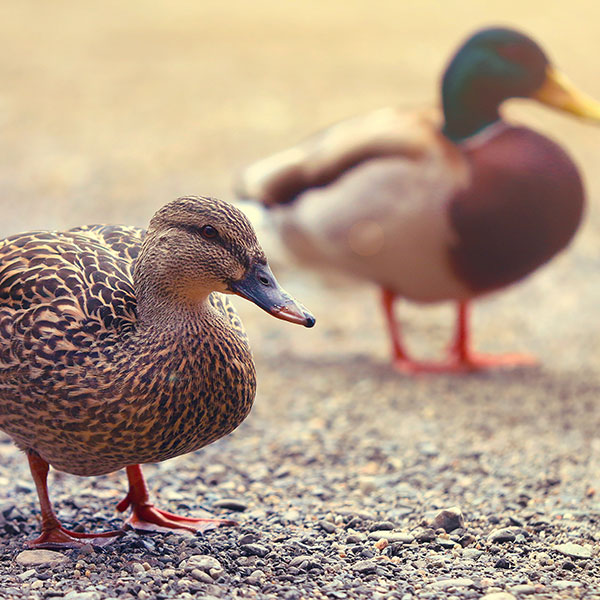
Leadership
Darling’s initial pledge of $9,000 sparked the establishment of the Cooperative Fish and Wildlife Research Units Program (now at 40 universities across the nation) and the Wildlife Management Institute.
In 1936, Darling was instrumental in founding the National Wildlife Federation, which fulfills his vision with a mission of ensuring that wildlife thrive in our rapidly changing world.
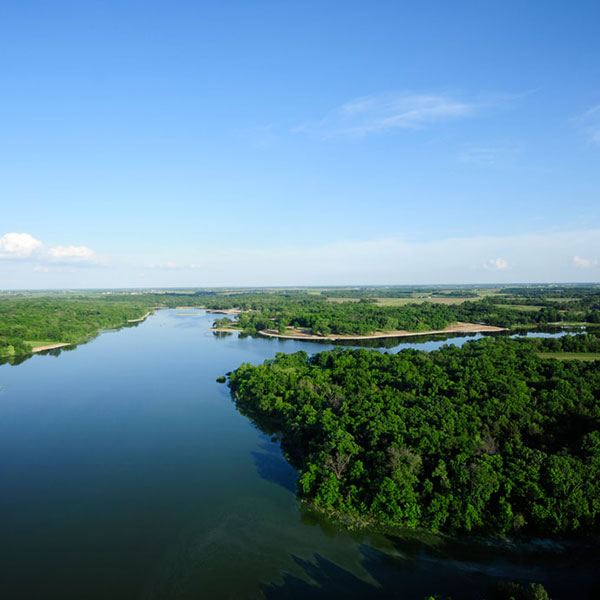
Conservation
The J. N. “Ding” Darling National Wildlife Refuge and Ding Darling Wildlife Society on Sanibel Island, Florida, and the Lake Darling State Park in Brighton, Iowa, honor his name and conservation efforts. Lake Darling and Darling Dam in Upper Souris National Wildlife Refuge were named in honor of his work as the first director of the Bureau of Biological Survey.
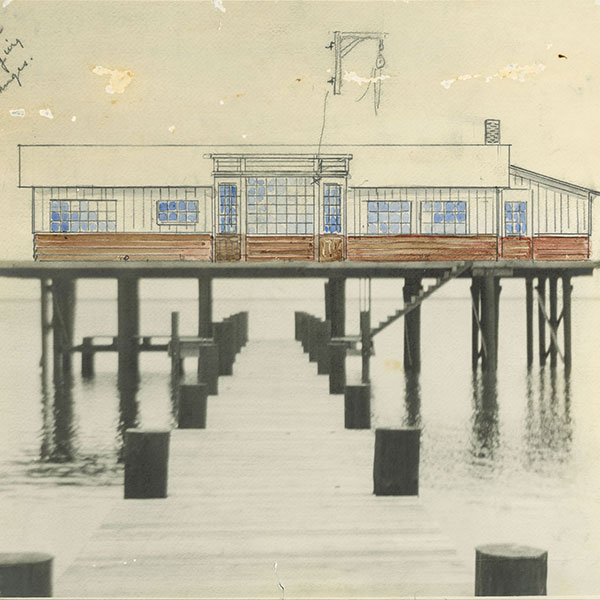
Art
Built by Darling, the Fish House on Captiva Island is owned by the Robert Rauschenberg Foundation. It gives resident artists space for focused work, quiet reflection, and observation of the natural environment.
Explore the Darling Archival Collection
In collaboration with Drake University Archives & Special Collections, the Jay N. Darling Institute will preserve the legacy of Darling as an artist, conservationist, and advocate for social change. The Darling Collection will provide access to rich historical materials about Darling’s life and work and serve as a repository for the celebration and documentation of the history of Iowa’s cities and towns.

